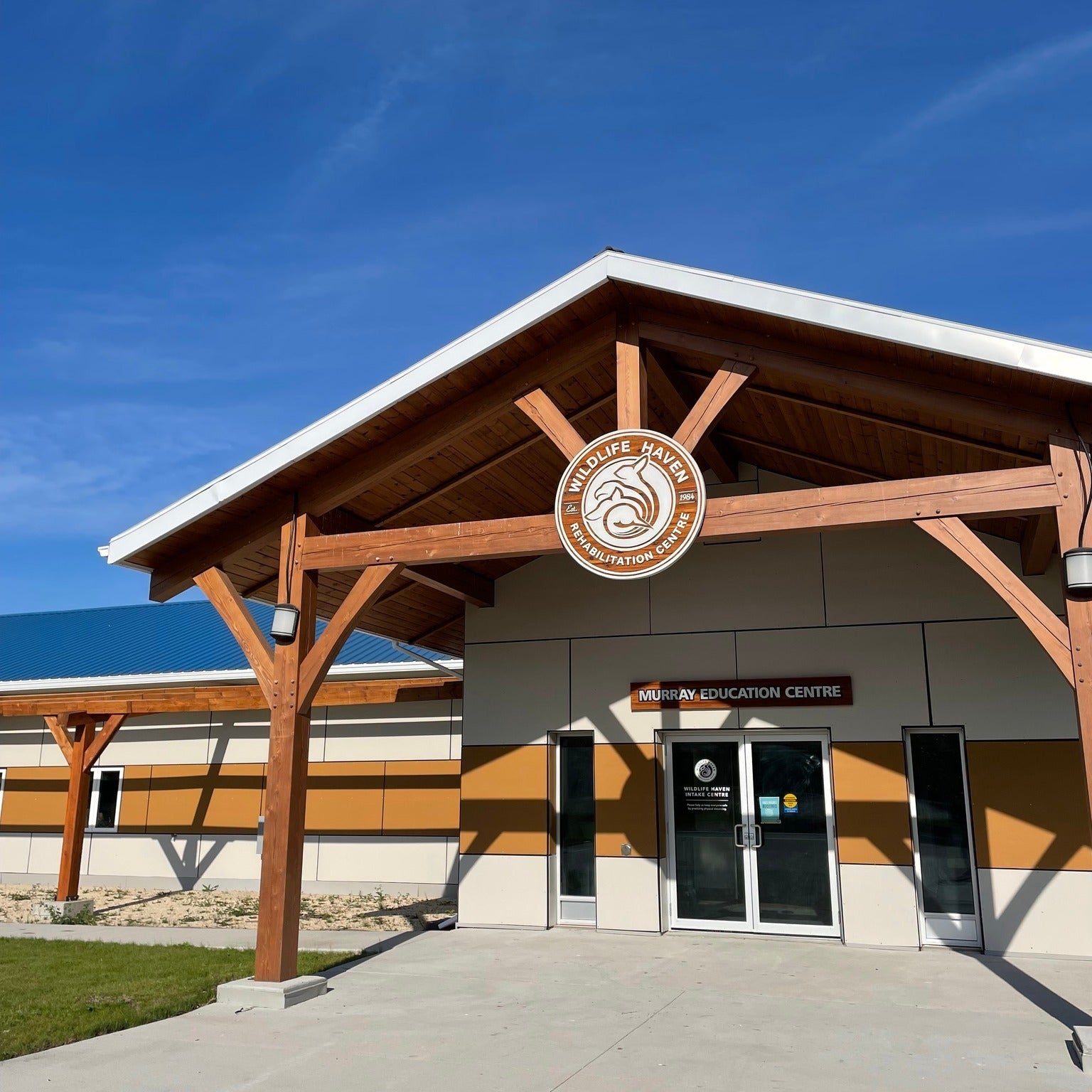
Spring 2024 Intake Changes
A message from our Executive Director:
The Wildlife Haven Rehabilitation Centre has been working with the Manitoba community for 40 years to Rescue, Rehabilitate and Release sick, injured and orphaned wild animals from all over our province. Together, we’ve treated over 55,000 animals, giving them a second chance at life in the wild.
Many changes have occurred in the past 40 years. We’ve changed our name, moved locations and have seen countless passionate staff and volunteers coming through our doors. Most recently, we became Manitoba’s first and only accredited Wildlife Veterinary Hospital. Over the years, our mission has remained the same: protecting wild animals in Manitoba to minimize the impact of human interference on our ecosystems.
As a non-profit charitable organization, we are not immune to the challenges of difficult economic times and decreased volunteer activity. The last few years have been incredibly challenging, coming out of the pandemic and facing the Avian Influenza outbreak. We work diligently to uphold our commitment to wildlife protection and offering the best welfare to the animals in our care.
As we prepare to embark on our 40th “busy season” (Spring & Summer), our leadership team has analyzed our overall operations, protocols, resource allocation and our impact on the fragile biodiversity in Manitoba. Our team is committed to conservation and biodiversity protection. We are experiencing strained resources in staff, volunteers and monetary donations. Considering all these factors, we’ve made the difficult decision to modify the list of treated species at Wildlife Haven and change our rescue dispatching practices.
Invasive Species Moratorium
Wildlife Haven will no longer treat invasive species. Examples include rock doves (pigeons), European starlings and house sparrows. All studies show that invasive species harm our native wild animals, causing harm to habitat and species survival. In a time when our native songbird population is struggling, we feel it’s our responsibility to protect them as best we can. Therefore, invasive species will not be admitted or treated at the Wildlife Haven Rehabilitation Centre.
Raccoon Moratorium - three-year pause
Wildlife Haven is taking a three-year pause on treating raccoons. After much consultation with the Manitoba Wildlife Branch, biologists and peers in this sector, we’ve determined that raccoon rehabilitation is no longer feasible. Raccoons are in a state of overpopulation, often exhibiting nuisance behaviours. Raccoons present high biosecurity risks for both humans and animals and require intensive efforts to keep them healthy and stress-free while in human care. We no longer have the resources and time to treat raccoons safely and humanely. Raccoon rehabilitation is not conducive to conservation and biosecurity protection, and we can no longer do it in a way that ensures adequate animal welfare during their stay.
In recent years, even with significant resource investments, we could only save approximately 25% of the raccoons coming through our doors. Moreover, we estimate about 80% of the raccoons brought to Wildlife Haven each year are unnecessarily orphaned therefore, their death could have been avoided with more public education.
Limiting species eligible for rescues and pick-ups
To alleviate the pressure on our few volunteers, staff and vehicles, we’ve changed our rescue/pick-up parameters. Wildlife Haven will only conduct rescues/pick-ups for animals that are most likely to cause injury or illness when mishandled. These species include large raptors & owls (ex, eagles, Red-tailed Hawks, long-eared owls, peregrine falcons), large waterfowl (ex, adult geese, pelicans, swans, loons, heron) and medium mammals & bats (ex: fox, coyote, beaver, otter). Please note that sick, injured and orphaned wild animals can always be dropped off at our 24-hour drop-off partner, Bridgewater Vet. In rural settings, conservation officers can often assist, especially with larger or dangerous animals.
All sick, injured and orphaned wild animal species on our “treated list” can be dropped off at Wildlife Haven or with one of our drop-off partners (see the complete list on our website).
Please note: The best and quickest way to ensure an animal in distress gets the care it needs is to bring it directly to Wildlife Haven during our operating hours.
We understand that these are significant changes. Please know that the decision was not taken lightly. We relied on science, data and expert advice to make the best decisions for our organization and our wildlife community. Please see the FAQ and the complete list of animals Wildlife Haven does not treat.
We welcome additional questions at info@wildlifehaven.ca, but please understand that it may take some time to respond as this change represents a big operational adjustment for our staff and volunteers. Click here to visit out Intake Changes FAQ.
Manitobans are the most generous Canadians! We know this to be true - your support has been so touching for the past 40 years. We see generous donations, contributions of supplies and countless hours of volunteering. Thank you!! Our community is so essential to this work. I’m privileged to work alongside you all to protect Manitoba’s wildlife.
Zoe Nakata,
Executive Director - Wildlife Haven
